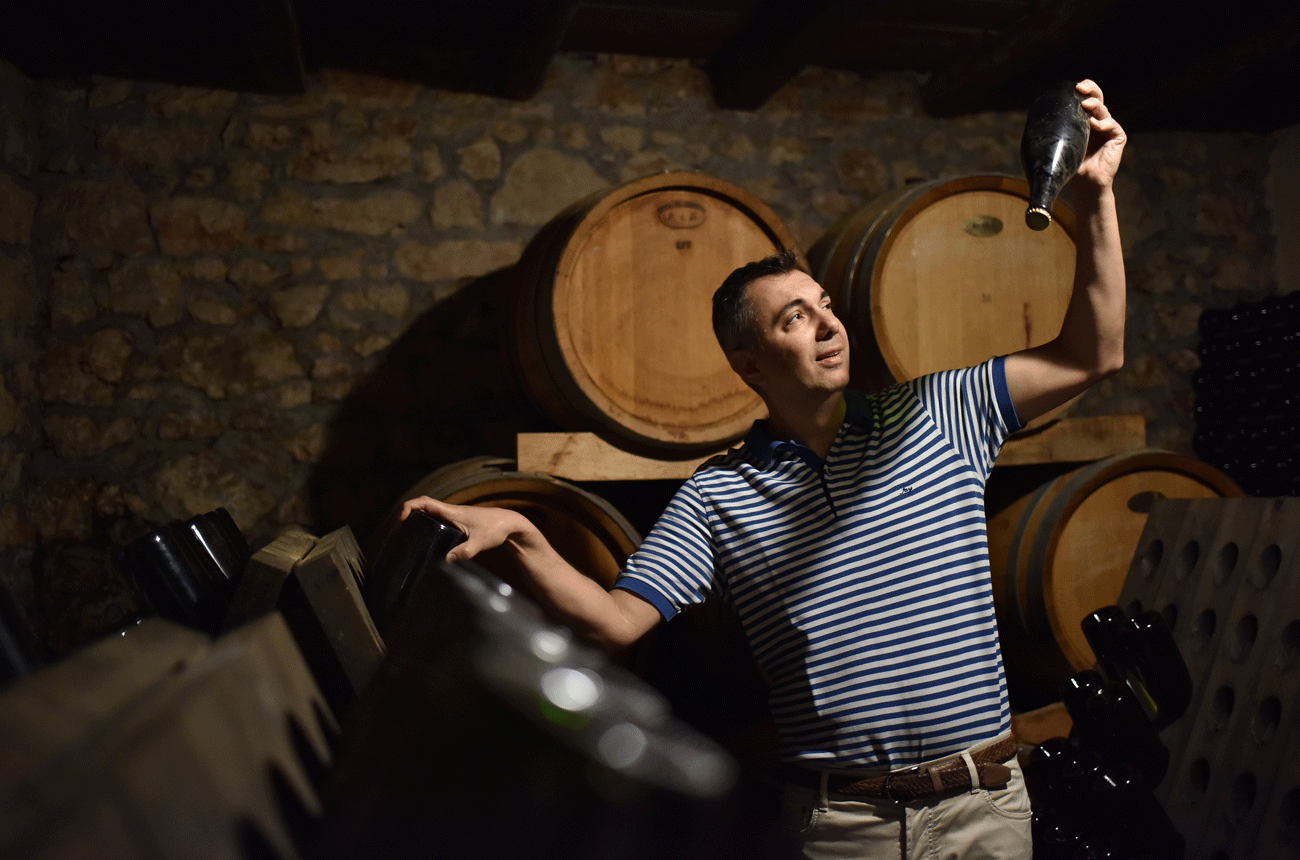Ahead of Canada’s friendly against Romania, national team manager Jesse Marsch addressed the growing intersection of the 2026 World Cup and American politics, particularly the involvement of U.S. President Donald Trump.
“I know that there’s been a good connection with FIFA and with the White House,” the Wisconsin-born manager said Thursday. “And in the end, with all of the politics that have been floating around in the world, more than anything, we’re so excited about the opportunity to play the World Cup at home.”
The comments follow the recent surprise announcement by Trump and FIFA president Gianni Infantino that the World Cup draw will be held at the Kennedy Center in Washington, D.C., on December 5. The event was widely expected to take place in Las Vegas before Trump’s intervention. Marsch wryly noted the venue’s name, a subtle reference to Trump’s suggestion it could be renamed the “Trump Kennedy Center.”
Previously, Marsch had publicly stated he was “ashamed” of Trump’s rhetoric about Canada becoming the 51st U.S. state. He revisited those remarks with humor, quipping, “People know the comments I made, and so when they see me, they are aware that I’m that guy. But no, I haven’t felt like I’m going to be deported.”
While navigating political questions, Marsch’s primary focus is on his on-field strategy, which stands in stark contrast to that of his American counterpart, Mauricio Pochettino. Marsch revealed that Canada’s core roster for the 2026 tournament is largely settled.
“Our group has, in terms of selection for the overall pool, become clearer and clearer and stabilized,” Marsch stated, explaining that the coaching staff views the next six friendlies as a single, cohesive preparatory window. “That’s not to say that there aren’t spots up for competition, but I think that in a lot of positions when we know our players are healthy, we’re pretty clear on what each guy can deliver.”
This approach suggests that for Canadian players, the battle is shifting from earning a roster spot to securing a place in the starting lineup. The underlying message is clear: healthy Canadian players not currently in the squad face a difficult path to making the World Cup team. Marsch believes this stability over the next nine months is key to achieving Canada’s first-ever point at a men’s World Cup.
In contrast, the U.S. squad under Pochettino remains a work in progress. Longtime mainstays like Weston McKennie were omitted from the recent squad, while several uncapped or inexperienced players were included as the manager continues to experiment. “We really believe that is the right decision,” Pochettino said, “to bring the right balance to the squad.”
Marsch’s plan for stability will be tested against a challenging schedule, with upcoming matches against top-50 opponents including Romania, Wales, Australia, Colombia, and Ecuador. Despite injuries to key players like Alphonso Davies and Alistair Johnston—whose World Cup spots are not in jeopardy—little squad rotation is expected. Instead, the manager will focus on tactical flexibility and communication with his established group.
This decisive strategy follows a disappointing Gold Cup quarterfinal exit to Guatemala, a failure Marsch has publicly taken responsibility for. He is now determined to finalize key decisions early, including naming a starting goalkeeper between Maxime Crépeau and Dayne St. Clair well before the tournament to avoid instability.
“When the decision gets made—which we don’t want to wait until right before the World Cup—it will be probably one of my most difficult and important decisions for the team,” Marsch said.
As the two co-hosts forge different paths to 2026, Canada’s manager is projecting calm and certainty, signaling that the time for experimentation is over.
Source link






